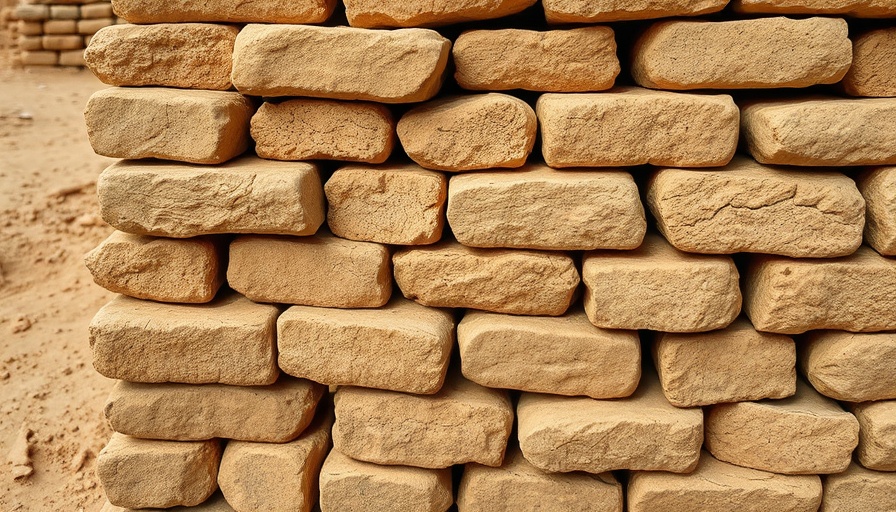
Unveiling the Roots of Political Systems
Have you ever wondered how the intricate political structures of our world came to be? The answer lies deep in history, specifically in Mesopotamia, during its urban and industrial revolution around the late fourth millennium BC. Archaeologist and scholar Giorgio Buccellati explores this transformation in his work, At the Origins of Politics, highlighting how the rise of cities and specialization in production shaped not only economic interactions but the very foundations of governance and social organization.
The Transition from Personal to Institutional Relations
In ancient Mesopotamia, as populations grew, communities transitioned from small-scale goods exchanges—often conducted face-to-face—to a more complex system where production required multiple steps and broader networks. This shift was not just logistical but also ideological; it meant moving from direct, personal interactions to being part of larger, impersonal hierarchies. This evolution from personalized trade to bureaucratic systems highlighted the rise of temples and palaces as critical institutions, enforcing regulations and maintaining records of transactions.
The Interplay of Governance and Religion
Buccellati argues that the intertwined nature of governance and religion played a critical role in shaping societal norms. Leaders of Mesopotamia positioned themselves as both divine mandates and political authorities. The concept of kingship, symbolized through figures like Hammurabi, illustrated how governance was inherently linked with spiritual beliefs, thereby solidifying a ruler’s authority in the eyes of the people. These religious narratives served to unify society, encouraging a sense of solidarity amid the growing complexities of urban life.
A Lasting Impact on Modern Politics
The influences of Mesopotamia’s urban and industrial revolution extend well beyond its time, laying the groundwork for contemporary political systems. Buccellati notes that our current models of governance and social organization are rooted in these ancient practices. Understanding these origins invites us to reflect critically on how modern political ideologies continue to evolve, often repeating cycles of strife, community, and authority.
Why This Matters Today
As we navigate our complex societies, it’s valuable to remember the historical journey of governance and economics. The lessons from ancient Mesopotamia about public responsibility and the role of the state in mitigating inequalities are as relevant as ever. By studying these early systems, we can inspire solutions to the challenges of modern governance, such as managing economic disparities and increasing social cohesion.
To learn more about the origins of our modern political systems documented in Buccellati's work, we encourage you to explore his insights further. Understanding how history has shaped our current realities can empower communities to foster collaborative and purposeful leadership.
 Add Row
Add Row  Add
Add 




Write A Comment